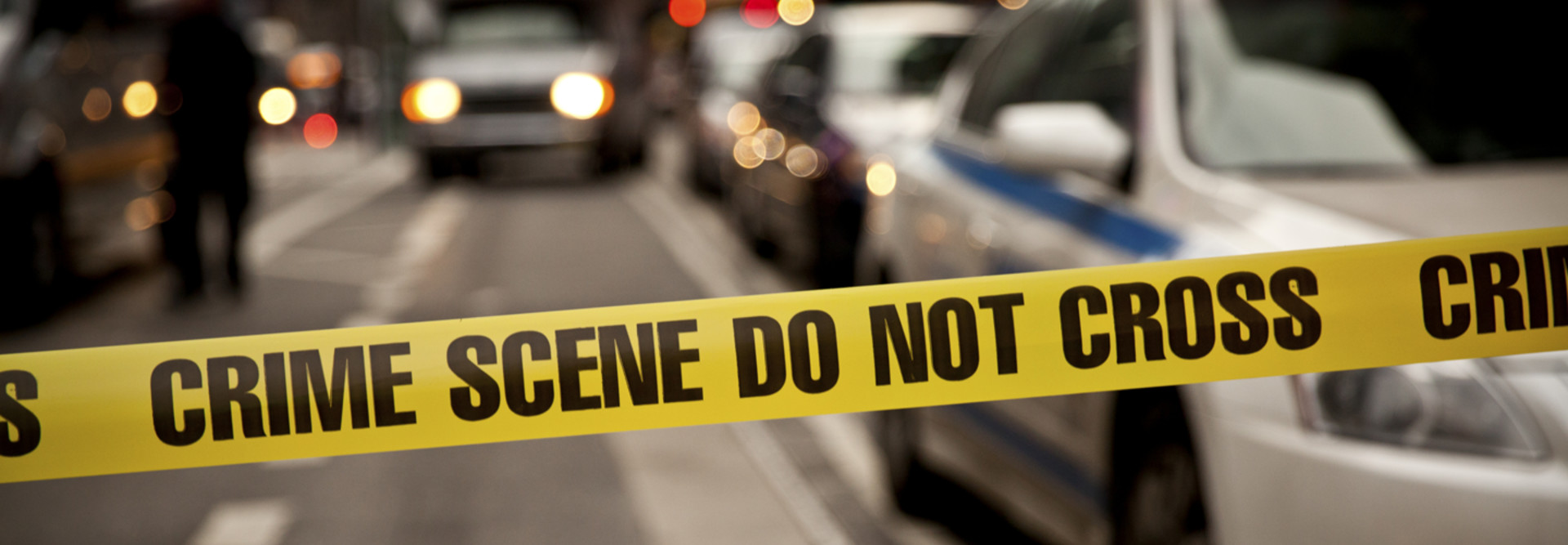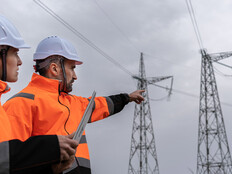Can Technology Replace Police Officers?
Shrinking budgets are more than just frustrating; they can also be dangerous.
Many cities and counties are facing tight budgets, forcing public officials to make tough decisions on spending cuts. One area that has suffered is law enforcement. In the wake of the Boston Marathon bombing, citizens and governments alike are exploring ways to make their cities safer. Technology is one way to make that happen.
Video surveillance has long been a security measure. Now, smarter cameras and software make video surveillance extremely appealing to public-safety officials. New York City, for example, has lost 6,000 police officers over the last 10 years as a result of budget cuts. According to The Atlantic, they have turned to video to keep the city safe:
It's no secret that Manhattan is filled with cameras. Lower Manhattan, in particular, is blanketed with an intricate system of cameras and license-plate readers monitored by both public officials and the private sector. [New York Police Department Commissioner Ray] Kelly said the N.Y.P.D. has plans to move that same program up to midtown — specifically 30th to 60th streets — and to other vulnerable parts of the city as well.
Part of what makes this strategy so efficient, despite a reduction in the size of the police force, is that cameras are handling more of the workload on their own. Analytics enable the cameras to see something and say something, if you will: they can determine if a package has been left in a particular spot for a long period of time, for instance, and track back through files to find a person wearing a certain color shirt.
"Technology has been a major factor [in] allowing us to operate with 6,000 fewer officers," Kelly said.
In Overland Park, Kan., city CIO Vicki Irey describes police cars as mobile offices. "The equipment that we have in the police car costs more than the value of the car," she says. Cruisers carry rugged notebooks with virtualized desktops, automatic license-plate recognition tools and video-recording equipment.
Is Surveillance Safe?
There are obvious benefits to using technology for public safety, but there are also privacy concerns when technology replaces people. In Ottumwa, Iowa, a federal grant enabled local police to purchase and install 30 video cameras in the city’s downtown area. They also acquired computers for police cruisers, allowing officers to view images and video taken by the cameras.
Many citizens were happy to hear about the technology upgrade, because a safer downtown could lead to more business and more patrons at existing businesses. Others, however, feel their privacy is being invaded:
Customer Brett Phippen, isn't so sure. "I'm concerned we'll end up with fewer police patrolling," he says. "It might deter crime, but it might send it somewhere else that doesn't have it."
Jacqueline Thompson, 57, a dance instructor and part-time pastor, isn't sure it's possible to woo stores back downtown. She also wonders whether the cameras really will prevent crime and has some qualms about surveillance.
"People that want to steal ... will know where those cameras are, and they'll avoid them," she says. "Do I like cameras all around me? Welcome to the 21st century," she says. "You can't get away from it, unfortunately."
Despite the concerns of some residents, the Ottumwa Police Department reports that their crime rate decreased 2.2 percent between 2011 and 2012. The rate also decreased in each of the last six years.
What do you think about government-operated video surveillance?









